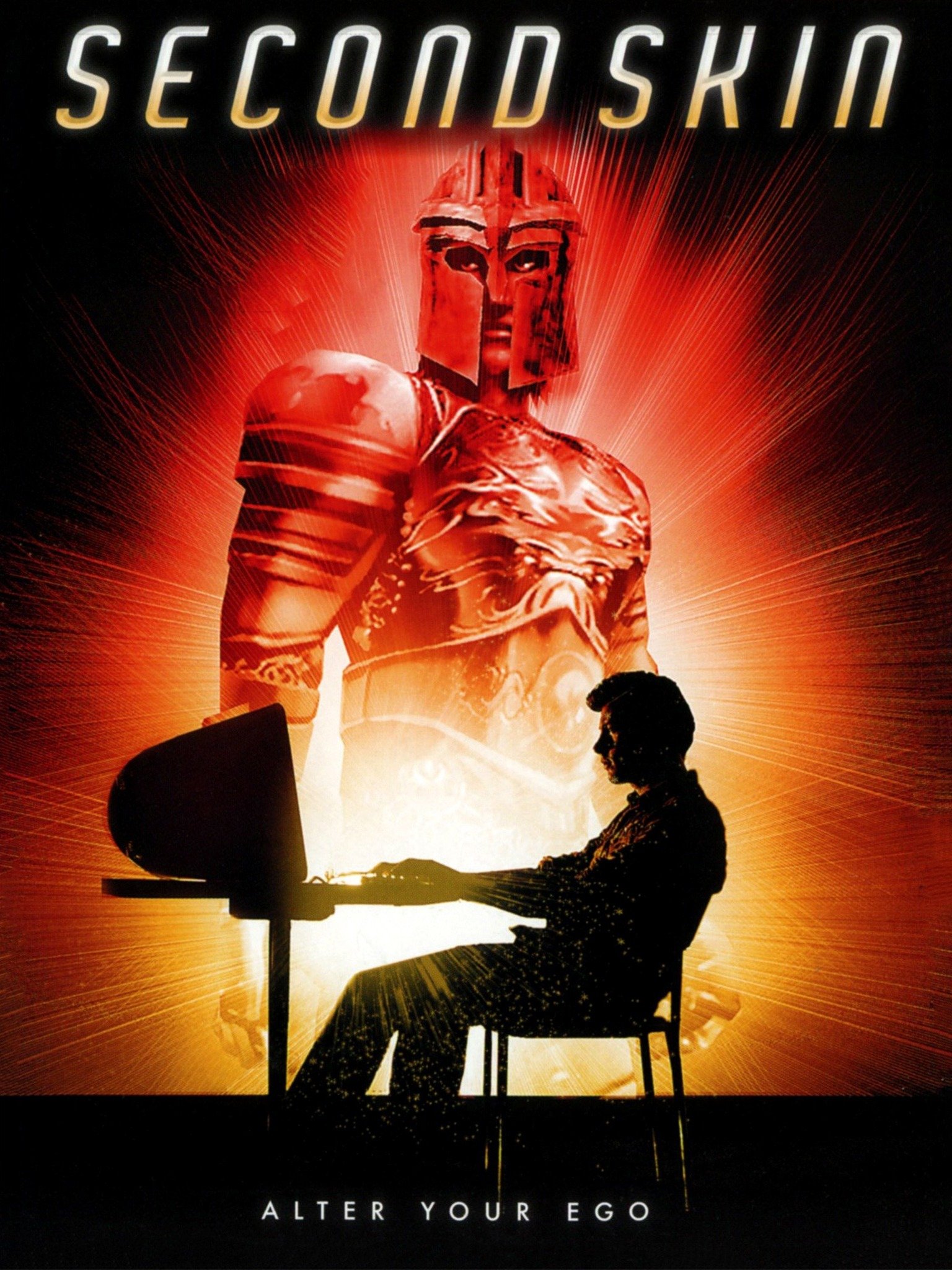Times of great crisis oft call for similarly great compromise.
Admittedly, as a perennial shut-in, my pandemic compromises have come easier than most. Even as I have dabbled in those hallowed artefacts of the terminally uncool, anime, fan fiction, Dungeons and Dragons and their ilk, there has always remained one avenue that remained beyond the pale: the Massively Multiplayer Online Role-Playing Game, or MMORPG. I vowed to never venture into EverQuest, or be wowed by World Of Warcraft and or to even know enough about MMOs that I could come up with a third example.
That is not to say that I had a distaste for that particular form of gaming. Rather the opposite: I've had a deep fascination for the concept long before ever diving in myself. I've devoured the ancillary materials of MMO culture: Documentaries, such as Second Skin (2008) and Life 2.0 (2010), an episode of South Park that utilised in-game WOW footage to tell its story and followed closely the emergence of Isekai anime; a genre which frequently sees its main characters drawn into a virtual game-world.
But a monthly subscription fee, not to mention the level of total immersion, was so alien to how I traditionally approached gaming as a medium. Frequenting mostly older titles, my gaming history has been defined mostly by cheaply-procured, second-hand, single-player story experiences to be consumed not unlike a DVD: played through once and relegated to the shelf, never to be parted with for the sake of a replay that will never come.
Yet still coming down from the Final Fantasy VII Remake high, and with truly nothing better to do, I finally tried out Final Fantasy XIV during (the first) lockdown. Several months later, the plethora of fascinating stories and experiences I've engaged within the Final Fantasy XIV makes it feel that much less like a singular experience and more like an interactive streaming service. With catgirls. The library of which, after half a year, I still feel like I haven't made much of a dent in.
So many of these quest-lines are sweeping and ambitious, detailing their own casts of characters and wondrous locations, yet I was recently floored by something comparatively much more mundane. A feature easily overlooked and in no way unique to this particular game.
Where the FFXIV's second expansion, Heavensward, weaves a complex story of war, dogmatism and colonialism (with dragons!) that ranks alongside some of the franchise's best storytelling, the totally optional, follow up side quests see the player-base tasked with the reconstruction of the post-war world. The once hostile city-state of Ishgard has had a change of heart, and now seeks to do right by its displaced, to refugees and the downtrodden.
Serving as a collective, collaborative mini-game to encourage the game's crafters to compete for prizes and glory, countless players go from supply pile to work station to building site in a frenzied rush to complete construction work within the time limit. The Ishgardian post-war optimism is palatable throughout, as the crowds are staggering and a soaring musical score accompanies the mass building projects. Not only is it the strength of a narrative forbidding economic concerns to inhibit essential investment that is affecting, but the clear enthusiasm also. The player-base could so easily spend its time running dungeons, seeking treasures and hunting monsters, yet would gladly choose instead to build an orphanage.
Naturally, that is a manipulative framing. There is plenty of in-game incentive for the player to do this. Importantly though, this was a moment that transcended any of its constituent elements. This mass building project resonated deeply, reminding me of that hallowed 1945 spirit, where from the desolation of the blitz emerged enough political will to rewrite the fabric of the UK, greatly expanding its welfare state and establishing the NHS. But just as much did it emphasise the chasm between the economic status of then with the post-Thatcher now. I would find myself wondering, do our own politicians require cute pets, cool outfits and themed furniture to incentivise real world rebuilding?
Where the dominant stories of pandemic politicising will rightfully be the apathetic, sluggish responses of a disconnected political class patronising and aggravating their constituents, the pandemic has also seen movement against that aforementioned status quo. Particularly in the urgent housing of the homeless.
This has had a real human cost, as securing housing in the game has transformed into as much of a real world trial as an in-game one. If the idea of harm seems an extreme one, I would recommend we cast our minds back to the aforementioned documentaries, Second Skin and Life 2.0, and the very real mental and physical damage that can come from these immersive experiences.
In building a new housing district for Ishgard, you are engaged directly with seemingly solving this crisis- even as the underlying problems go unaddressed. Players engage in an almost interpassive experience, where at the point of interactivity, the construction of a new housing district, encourages docile, passivity in a player base that is being actively harmed by the ongoing housing crisis. On the level of narrative response, this plays out as well: the player's resolution of one housing crisis allows for closure and complacency in the face of the other.
Soon, the housing district will be complete. Players will move in, and perhaps the story will contrive itself so as to provide some new location to rebuild. But it was this particular moment that stood out amongst hundreds of hours of gameplay.


